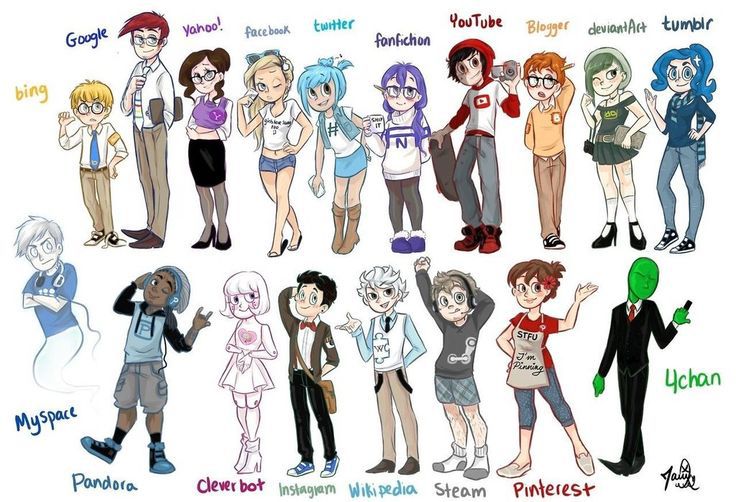[Part 5 of 9: The Social Animal on Social Media, Part 1,
Part 2, Part 3, Part 4, Part 6, Part 7, Part 8, Part 9]
I have been stuck on this blog, for a while, as I try to talk about the ways in which we justify ourselves, social animals on social media.
I guess I am stuck because I don’t want to pick examples of people who are self-justifying on Twitter or Facebook. Speculating in a gossipy fashion just makes me feel unscientific and a bit grubby. However, speculating in a gossipy fashion is what we do, all of us, even if we don’t realise it, and we are great at finding ways of reducing that feeling of grubbiness, which is the subject of this post.
Elliot Aronson in his classic text book: The Social Animal says that we are all amateur social psychologists. We spend a lot of our day watching other people, speculating on their motives, creating theories about them, whilst reformulating other stories and theories in order to make sense of ourselves and the world around us. In fact, professional social psychologists do exactly the same, only in laboratory style conditions, with specific outcomes.
So, it is no surprise that with all that going on, it can be exhausting to live in our busy world. Not only do we have to figure out what is going on but as we saw in Part 4, we are also constantly forced into making hundreds of decisions a day, big and small, and then we have to live with the outcomes.
How many times a day do we second-guess ourselves? How many times a day, do we make a decision, feel happy with it, and then later on, criticise ourselves as we learn more. Or, we do something and wish we hadn’t, and then we have to live with it, which can sometimes leave us feeling awful.
Festinger’s cognitive dissonance theory postulates that we try to organise our attitudes and beliefs so that they do not contradict each other and we can avoid feeling awful (or feeling dissonance). Sometimes when new beliefs we have adopted are so dissonant with our existing ones, we will tell ourselves all manner of things in order to reduce the dissonance.
Aronson uses the example of buying a new product like a vacuum cleaner, or entering a new relationship with someone, and says that research shows that we quickly reorganise our thoughts to emphasise the positive attributes and ignore the negative aspects of whatever we have chosen. If we have a choice between two people, or two vacuum cleaners, we make a decision, then emphasise the negative attributes and ignore the positive bits of the option we didn’t choose. In this way, we can not only justify our decisions as the right ones, we also make ourselves feel happier and committed to the person or product we are taking home.
Once we are committed to a decision, or course of action, we stop thinking about it and get on with our lives. If a decision is irrevocable and we have managed to reduce dissonance by focusing on the positive and ignoring the negative, then frequently, we become more certain that we have made a wise decision, but if not, then really there is nothing we can do about it. We embrace the decision as a fact of life.
So, people who need us to commit to something, such as politicians or salespeople, will try their hardest to encourage us to commit and get a decision made in their favour.
One way is ask people for a small favour. It is effective because having agreed to a favour, then a decision is made and so it becomes no longer a question of deciding but one of following through. One example given here is how residents in Indiana (USA) were called and asked if they would hypothetically volunteer three hours of their time collecting money for the American Cancer Society. Three days later, the same people were called again and asked to volunteer. Of those responding to the earlier request, 31% agreed to help. Without the foot in the door approach only 4% of a similar group of people volunteered to help when asked directly.
In the above example, even if you didn’t want to collect for the American Cancer Society, it would be easy to feel ok about it because it’s a good cause and in that way you could reduce your dissonance.
However, sometimes we end up doing and saying things which we don’t feel are for a good cause, but we do them anyway and then feel dissonance and then we need to square that with ourselves using internal and external justification.
In one experiment, Festinger demonstrated how these justifications work, by paying one group $20 to tell a lie, and another group $1 to do the same. Those who were paid $20 could more easily say that they told a lie and got $20 – an external motivation. Those group who were paid a dollar, claimed that they believed in the lie, because it is easier to believe a lie than justify being honest and telling a lie for only $1.
Lies for money is ok, we can justify that, and little white lies are ok, because they are a way of not hurting someone’s feelings. But, it is a slippery slope which easily leads to people behaving immorally, unless they are exposed to just the right amount of temptation which causes them to be fanatical about behaving with good morals.
However, when people voluntarily choose to act in ways that cause them suffering (dissonance), they resolve this dissonance by valuing whatever it is they receive. Gangs, secret societies and American fraternity houses sometimes have painful or degrading initiation rites in return for belonging. And, then people may tell themselves that it was worth the pain, because life is so much better now.
Interestingly, squaring things with ourselves don’t have to make us look good – just consistent. For, cognitive dissonance is about staying faithful to the beliefs we have, even when evidence suggests that it is a mad belief to hold, which is why it can take a long time to leave a cult or an abusive relationship. Life’s commitments require a lot of emotional investment and risk.
So, how do we stop this potentially destructive behaviour? The best way I have seen so far is Byron Katie’s The Work, which gets us to question our beliefs by asking: Is it true? when we are right in the middle of feeling uncomfortable. If we can question our beliefs before we take them on board, then perhaps we don’t need to rationalise them with all the others things we think, and then we can start questioning them too, until we don’t need to square things with ourselves at all. And once we live harmoniously with ourselves, it is then a simple step to live harmoniously with others.
[Part 6]




11 comments